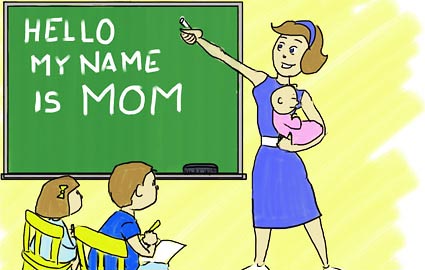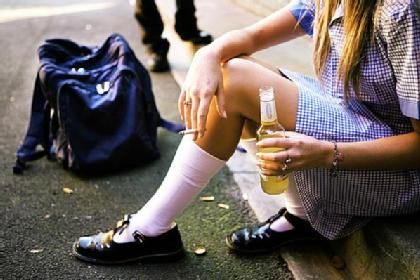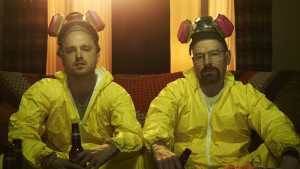All people listen to music. No matter what age, race, religion, or culture someone is a part of, they listen to some sort of music. Music is a constant part of my day. I hear music when I’m on the bus, between classes, in movie scores, through the surround sound system when I get home, and even in cars that drive by me. When I listen to music, the genre of music that I listen to often influences how I am feeling. This is why I have different playlists so the music I turn on is already corresponding with my mood. When I am happy, I do not want to listen to songs that are slow and sad, I want to listen to upbeat and cheerful tunes. I believe music has a large influence over our moods and emotions. For this blog post, my hypothesis is: can music affect a person’s mood?
When you are watching a movie, have you ever stopped to listen to the music in the background? Some movies are more subtle than others, but according to Dr. Waldie Hanser’s article, movies add music to the background noise of a lot of scenes to evoke a certain emotion from the audience. Since most new movies have music, you would probably never know how mundane a movie can be without certain musical tunes to tell us how to feel (Hanser). Movies can easily change our emotion based on what is happening in the movie, and since music is the pathos of any scene, music helps change the way feel.
http://oppositeendsofthespectrum.blogspot.com/2011/01/high-on-music-beat-winter-mood.html
When I am driving in the car, I always have music on. Sometimes the music is fast and loud, and other days the music is soothing and quiet. I believe that the music I listen to directly affects the way I drive, including how careful and how fast I drive. Now I know what your thinking, “Jon, it is very unscientific to base your views off of your experience alone.” You are right! That is an anecdote and a very bad way to view every subject. But on the other hand, it is alright to make a hypothesis or ask a question to determine if your experience is similar to everybody else. So my question is: does my music affect my driving? Well, my next article seems to think that it does. An Ergonomics article studied the connection between music and driving. The experimental studied people’s driving habits while driving in silence and compared it to their driving while upbeat music was playing. The results concluded that upbeat music increases the drivers awareness and lessens the boredom of the driver (van der Zwaag).
The third article I found explains how music is used to treat anxiety and depression. Aside from normal psychological therapy, there are less conventional branches of therapy such as music therapy. Music therapists are specialized counselors with Masters of Doctoral degrees that treat patients with music. The basis of music therapy is that the connection between music and mood is so strong that people’s anxiety and depression can be treated with the aide of music. The article also describes ways in which music can also help learning, sleep, and stress reduction (Music and Mood).
Conclusion
My hypothesis asked: can music affect a person’s mood? After analyzing my sources and consulting a plethora of other data, my conclusion is that music can affect mood. In fact, music seems to have a large influence over our mood to the point where it can help us drive, learn, reduce anxiety/depression/stress, and sleep. Music does affect our mood as much as science can be sure of anything. Although this blog post is coming to an end, I am left with more questions than ever about music and mood. Why is the brain stimulated by music? Is liking music in our biology or is it an evolutionary trait? Can we use music to change our moods in a way other than we are already doing?
Works Cited:
Hanser, Waldie E., and Ruth E. Mark. “Music Influences Ratings of the Affect of Visual Stimuli.” Psychological Topics, vol. 22, no. 2, 2013., pp. 305-324.
van der Zwaag, Marjolein D, et al. “The Influence of Music on Mood and Performance while Driving.” Ergonomics, vol. 55, no. 1, 2012., pp. 12-22doi:10.1080/00140139.2011.638403.
“Music and Mood.” HealthyChildren.org. American Academy of Pediatrics, 21 Nov. 2015. Web. 21 Oct. 2016. <https://www.healthychildren.org/English/healthy-living/emotional-wellness/Pages/Music-and-Mood.aspx>.
Pictures (in order of appearance):
http://juanita-interests.blogspot.com
http://oppositeendsofthespectrum.blogspot.com/2011/01/high-on-music-beat-winter-mood.html
















